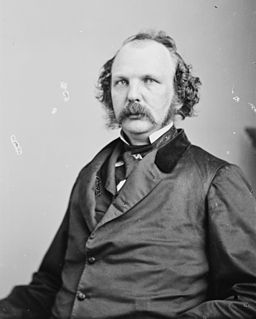A Quote by Xabi Alonso
Related Quotes
Give up the feeling of responsibility, let go your hold, resign the care of your destiny to higher powers, be genuinely indifferent as to what becomes of it all and you will find not only that you gain a perfect inward relief, but often also, in addition, the particular goods you sincerely thought you were renouncing.






































